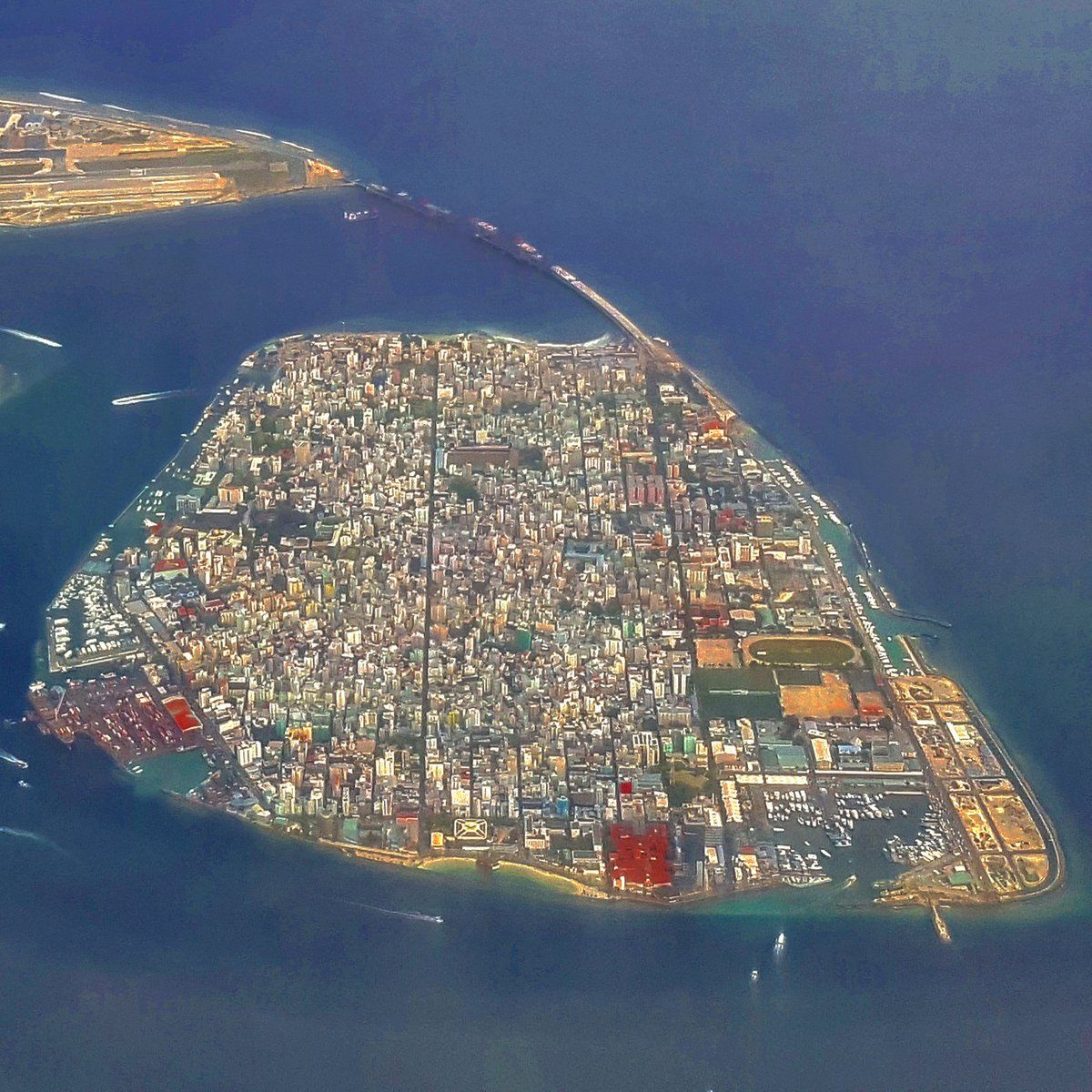Need for new schools in Malé reignites decentralisation debate
The education minister denied plans to build 10 more schools in the capital after headlines to the contrary drew a backlash.

16 Feb 2019, 09:00
The education minister unwittingly sparked a public outcry last week against policies that drive migration to the overcrowded capital island, where thousands live in slum-like conditions and pay exorbitant rents.
On Tuesday, Dr Aishath Ali denied plans to build more schools in Malé after media reports to the contrary drew a backlash. She appeared on Raajje TV and explained that an audit has shown 10 new schools were needed to change the capital’s 13 schools to single-session.
Headlines about 10 new schools prompted questions over the commitment to pursue decentralisation as pledged by President Ibrahim Mohamed Solih, whose Jazeera Raajje (Island Nation) campaign slogan sought to draw a contrast between the previous administration’s goal of consolidating 70 percent of the population in the Greater Malé region.
On social media, many people shared stories of abandoning their island homes and migrating to Malé due to the substandard schools and health centres in the atolls.
Become a member
Get full access to our archive and personalise your experience.
Already a member?
Discussion
No comments yet. Be the first to share your thoughts!
No comments yet. Be the first to join the conversation!
Join the Conversation
Sign in to share your thoughts under an alias and take part in the discussion. Independent journalism thrives on open, respectful debate — your voice matters.




